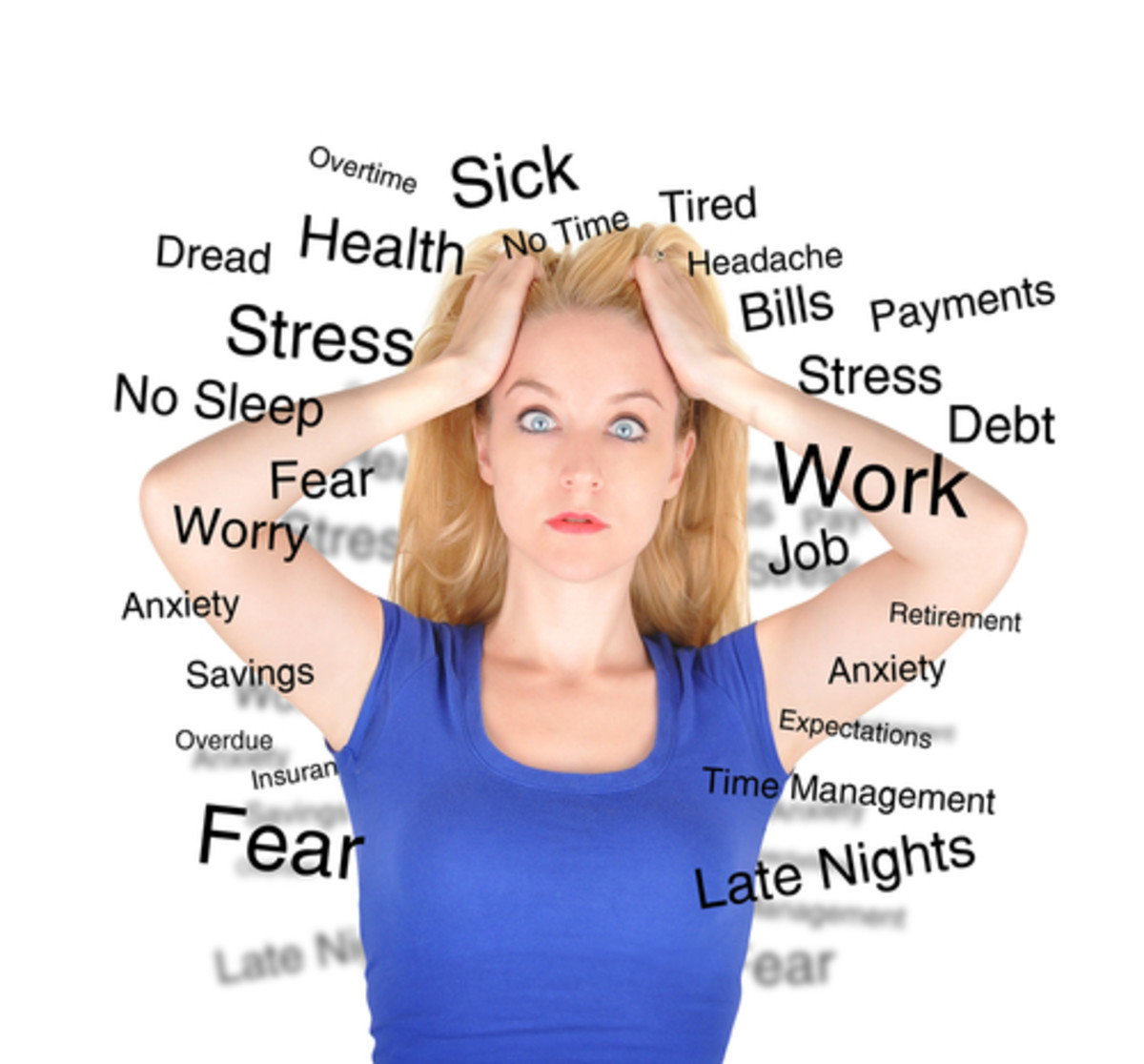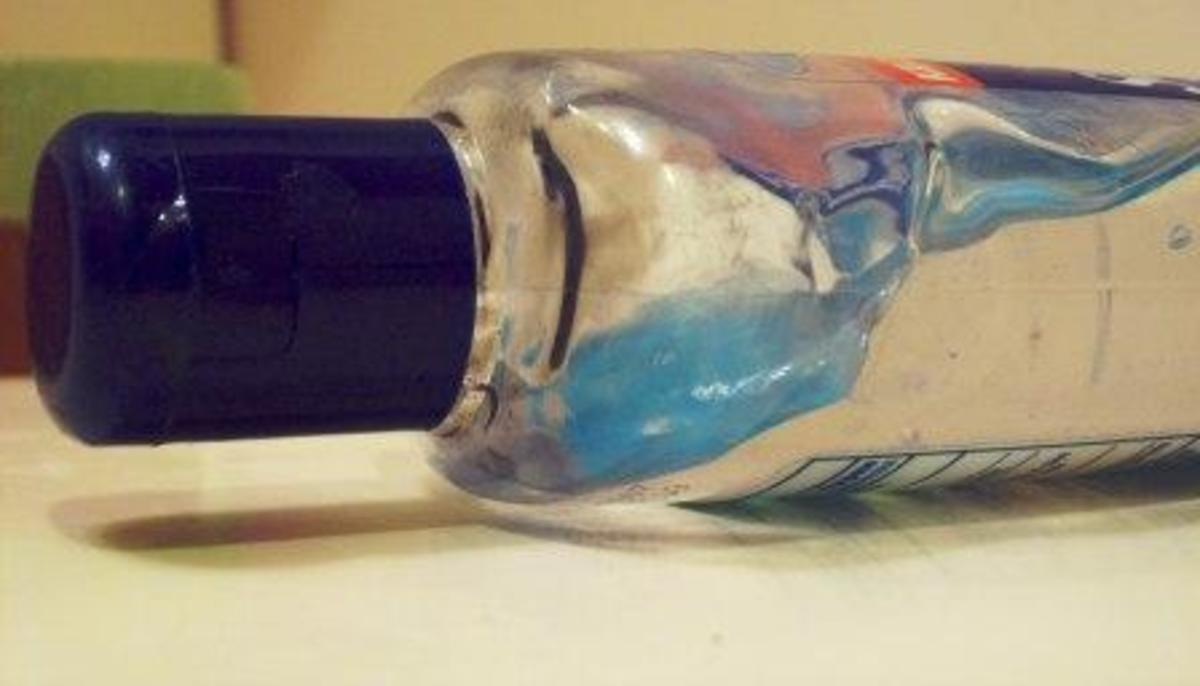The Relationship Between Stress and Your Physical Health
There is a two-way relationship between physical health and stress. Most of us know that when we are under long-term stress our physical health can begin to suffer. However it can be pretty difficult to avoid stress at certain times in our lives! What we can do in these challenging times is learn to take good care of our bodies so that we are more resilient to stress. The good news is that the more we take care of our physical health, the more we are able to cope with the stresses and strains of our work and our lives.

How stress can affect your physical health
The brain and the body are intimately linked, and long-term stress can put a profound pressure on our body – even if symptoms show up more quickly in some people than others. Stressful or unexpected events trigger our body's fight or flight response – causing our adrenal glands to pump out adrenaline leaving us short of breath, edgy, aggressive or frightened and unable to relax.
Over the long term continuing stress forces our body to use up its supplies of cortisol (another hormone produced by the adrenal glands). Like adrenaline, cortisol is something which our ancestors' bodies would have produced only occasionally and in very extreme circumstances – such as running away from a sabre-toothed tiger! However, modern living can require an almost constant supply of adrenaline and cortisol from our bodies. Apart from mental stress there can be physical stresses such as over-exercising, being 'always on the go', or an unhealthy diet of stimulants (eg. Coffee, cigarettes, sugar) or depressants (eg alcohol, tranquilisers).
The body's ability to produce cortisol eventually may start to be unable to keep up with the demands our lifestyle is putting on it. This can result in serious health problems in the long-term. However, fortunately, there are warning signs are body gives us that we need to take more care of ourselves.
Here are some of the signs that your adrenal glands may be under too much pressure:
- Fatigue – physical (such as tiredness, heavy limbs) or mental (such as brain-fog or memory loss).
- Insomnia. This is when your tired adrenal glands get a second spurt of energy late at night.
- Putting on weight around middle of body while legs and arms stay thin.
- Frequent infections and difficulty recovering from infection.
- Getting stressed out easily, even over the smallest of things.
The good news is, our bodies have an amazing ability to recover if we make even small positive changes to our lifestyles and our routines, and if we commit to taking caring of ourselves we can live long, happy, productive lives.
Menatal and Physical effects of stress
HOW WE CAN TAKE CARE OF OUR HEALTH SO WE ARE MORE RESILIENT TO STRESS?
Taking care of our physical health will mean that when the
stresses of modern life arrive at our door,
we will be calmer and mentally-stronger and we will be able to cope with fortitude
and good humour. Taking care of our physical health means our brain is getting the support it needs to produce happy, calming hormones called endorphins.
FOODS TO BOOST YOUR MOOD:
- Healthy fat and protein. A lot of modern dieting fads have left people feeling afraid of both fat and protein. However, good fats and healthy protein are two of your brain's best friends. Your brain needs plenty of both in your diet so that it can produce calming hormones in times of stress and so that your body's blood-sugar levels stay constant giving you a good supply of energy throughout your working day. Examples of healthy fats for your brain are olive oil, butter (not margarine), fish oil (such as cod liver oil or fish oil supplements), coconut oil. Examples of foods rich in healthy protein are fish, eggs, chicken, cottage cheese, yoghurt, nuts. Some people associate eating fat with putting on weight but eating a reasonable amount of healthy fats, especially butter, tells your body it is full sooner so you actually avoid over-eating. Speaking personally, I have found my figure got slimmer when I started eating more protein and healthy fats, because the protein supports the adrenal glands so I began to lose the 'cortisol cushion' of fat around my middle that had built up in response to long-term stress.
- Fresh fruit and veg. Natural, unprocessed and full of vitamins and minerals, these are an essential part of any healthy diet. Times of prolonged stress can deplete our body's stores of vitamins and minerals so we need to be extra careful in those times to eat plenty of fruit and vegetables. It is also worth considering investing in a good quality multivitamin and multimineral supplement in addition to a healthy diet.
- What to keep to a minimum. There is no point stressing yourself out with trying to completely cut out treats from your diet. For example chocolate really does release relaxing endorphins in our brains and we all need that from time to time! The problem for our bodies and our stress-levels begins when substances that should be kept as a special treat (because they put strain on our bodies) become part of of our daily diet. Examples are alcohol, coffee, sugar, fried food, cigarettes.
EXERCISE
Regular exercise is important for releasing stressful feelings and it also helps the body to produce calming, feed-good hormones such as endorphins. What is a healthy amount for you? What is the right type for you? This can vary from person to person, as we all have different body types and starting fitness levels. As a general guide I would recommend that exercise be regular, challenging but not exhausting, and fun. Exercise as a form of self-punishment might help your physical health to some extent (but be careful you don't burn out) but it will harm your mental health. Much better to follow your natural inclinations – whether you like dance, yoga, team sports, hiking or whatever.
Exercise in the outdoors can be particularly beneficial in reducing stress levels, as the calming effect of nature on the psyche has been observed throughout human history. In traditional Chinese medicine a walk in the woods is prescribed for heartache and mental turbulence. Many medical traditions around the world believe green to be a calming and reviving colour, good for the heart.
SLEEP
Getting enough sleep is essential for maintaining a positive mental attitude and resilience to stressful situations. Different people need different amounts of sleep, but your level of sleep should be leaving you waking refreshed and feeling positive, with a clear mind throughout the day. You shouldn't actually need caffeine to get through the day!
When we are under stress, we can easily begin to suffer from insomnia. Exercise in the fresh air, reading rather than watching TV before bed, taking time for relaxation or meditation before bed, and various herbal supplements can help.
BREATHING
When we are stressed we take rapid shallow breaths from high in our chest. This actually adds to our sense of being stressed and 'hyped-up'. The best thing to do is learn to notice how you are breathing as often as you can and deliberately choose to take full deep breaths from your stomach. Yoga practitioners can often teach breathing techniques for deep relaxation which will have a beneficial effect on the body by increasing oxygen flow to your cells.
RELAXATION
We all have different ways we like to unwind. Healthy options include mediation, walks in nature, creative pursuits like painting or writing poetry, spending time with loved ones, prayer. It is very important to build time for relaxation into your life, no matter how full your schedule - this is not laziness. It is responsibly taking care of your energy levels, giving yourself time to renew so you can continue to give 100% into the future.
If you have a busy lifestyle this article may interest you:
5 simple tips to reduce stress ..right now
These tips can be used by anyone, anytime, anywhere to get through a difficult day.








